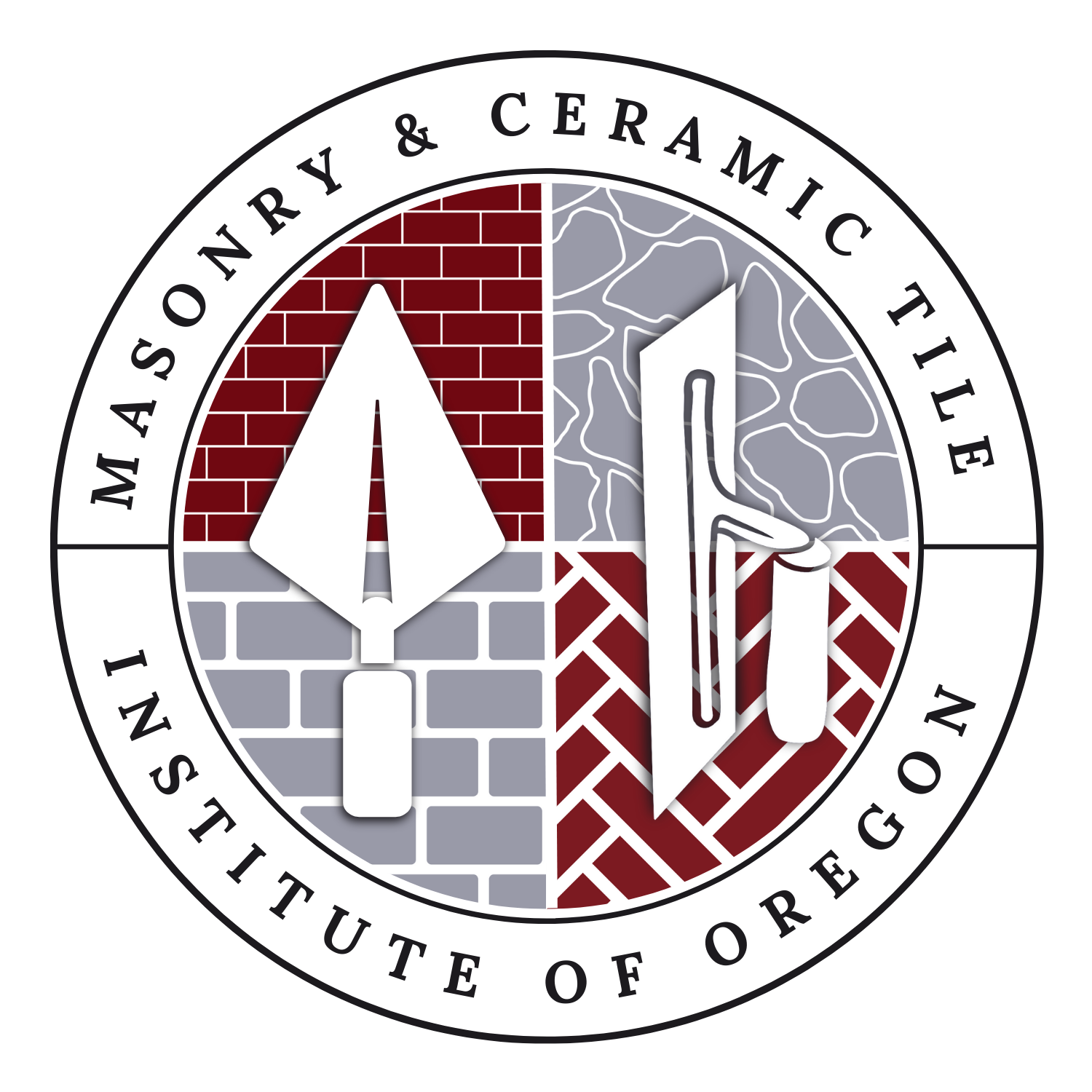
Gorgeous and Adaptable: Exploring the Beauty and Versatility of Using Masonry to Create Commercial Buildings
Posted by admin on May 31, 2019

As you walk along most large city blocks, you can see the detailed work of a skilled craftsman known as a mason. Not to be confused with the religious Freemasons, masonry is one of the oldest trades in human history and is just as much an art form as it is a design achievement. From the brownstones in Boston to The Pantheon in Rome, many of the world’s most significant buildings were constructed with masonry. It’s beauty, versatility and durability are all elements known to withstand the test of time.
Besides being one of the most tried and true practices in the world, masonry is also incredibly environmentally friendly. Its materials are made of abundant elements, and the construction process requires less insulation than other, more invasive methods. Structures that have been created using masonry techniques have been known to last for hundreds, often thousands, of years.
Masonry in a Nutshell
So what exactly is masonry, and how does it affect modern commercial buildings? Masonry is anything that is constructed of brick, block, or stone. It is fire, mold, water, weather, and time resistant, making it the highest quality and most versatile building choice. Because each unit is laid by hand, it requires artisans with the utmost skill to install the products. Masons are known for understanding a variety of patterns, textures, and colors and can be compared to sculptures in that they can create one of a kind unique structures.
Creating from Stone in a Modern World
What you can build with masonry is nearly as endless as the different kind of rocks you find on earth. If you are thinking of building from the ground up or installing a brick wall on your commercial property, you may already have a particular purpose in mind. Let’s consider two of the most popular categories of brick walls that can be built on commercial (and private) properties.
Cavity Walls
A cavity brick wall uses more than brick and mortar to hold itself together, as there are two layers divided by a space. The outer layer is usually brick, but the inner supporting layer can be brick, concrete blocks, or poured concrete. If your commercial building is in a damp climate, building a cavity wall is beneficial because it will act as an air and water barrier.
Veneer Walls
Veneer brick walls are usually one layer of brick attached to steel or wooden studs. Continuous insulation is often added between the studs and the brick. Brick veneer is, in effect, siding and most brick houses built in the last 30 years are brick veneer construction.
Masonry has grown from simple stone huts to grand masterpieces over thousands of years. The beauty and versatility that makes up this practice is as much a discipline as it is artistry. A mason is truly an artist who thinks with his hands. If you are looking to build or add on to a commercial property, there is nothing more beautiful, durable, and long-lasting, than masonry.

